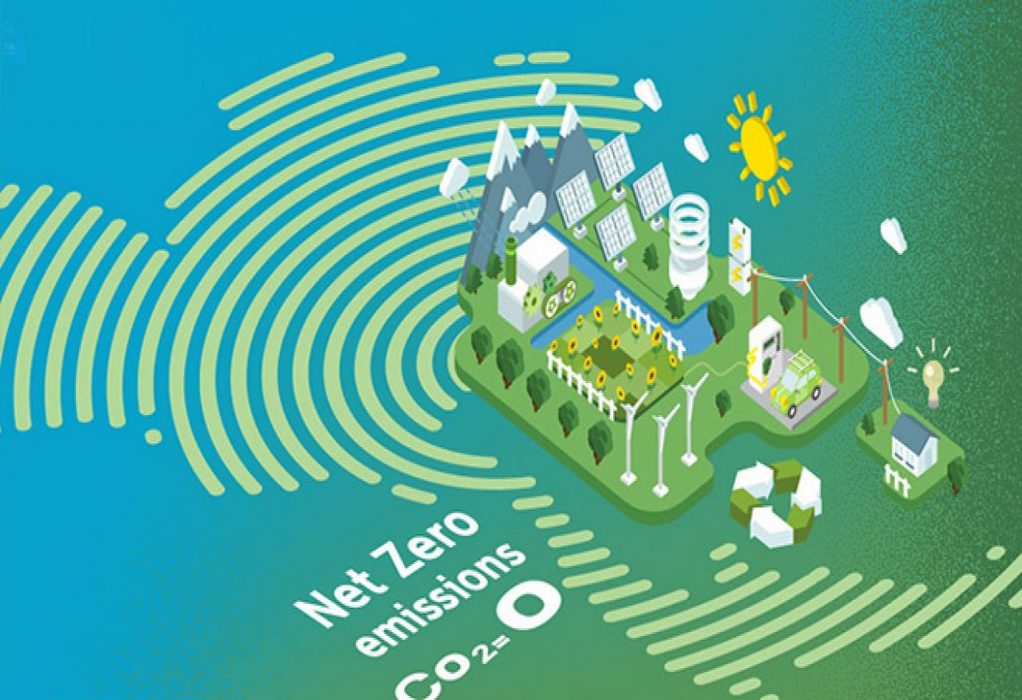Nokia and stc confirm the adoption of energy-efficient solutions, enabling stc to reduce its carbon emissions and support its net-zero targets.
The two signed a Memorandum of Understanding (MoU) that will see them work together across four areas: climate, society, digitalisation, and future of work with the aim of reducing carbon emissions and adopting sustainable practices.
As part of the collaboration, stc will deploy solutions from Nokia, including a 5G Air-Scale Baseband unit, plugin card with Nokia Reefshark chipset, EdenNet SON Energy Saving Management module and 5G software structures, that lower energy consumption. The deployment of baseband plugin card helps stc save 805 MWh energy and brings CO2 emissions down by 570 tons annually.
Developed in collaboration with Huawei, the single-antenna link provides up to 10Gbps using the normal band; link capacity depends on the used packet size. The solution decreases the number of antennas from three to one antenna resulting in a 67% reduction in the tower load, while the Radio HW load is reduced by 70%.
In an industry first BICS completed the world’s first intercontinental 5G Standalone roaming connection between two live networks in Europe and the Middle East in collaboration with stc Kuwait.
In other news, Nokia announced plans to open a new 5G and 6G research and development centre in Amadora, Portugal.
The centre will create 100 new jobs within the next two years and will advance research in technologies that are vital components of current 5G and future 6G networks.
Tags: Emissions, NetZero, Nokia, stc



Recent Posts
DNV Grants Approval in Principle for New Ammonia Bunkering Vessel Design
Proteus Launches Modular Hydrogen Fuel Cell System for Maritime Sector
Van Oord Unveils Boreas, World’s Largest and Most Sustainable Offshore Wind Installation Vessel
New methanol-fuelled vessel ‘Berlin Maersk’ to enter service
NMPA wins greentech global environment award
CMA CGM in negotiations with Indian shipyards for LNG-powered shipbuilding
L&T to Develop Green Hydrogen and Ammonia Projects in Kandla
Pan Ocean Orders Two Eco-Ready VLCCs from HD Hyundai Heavy Industries